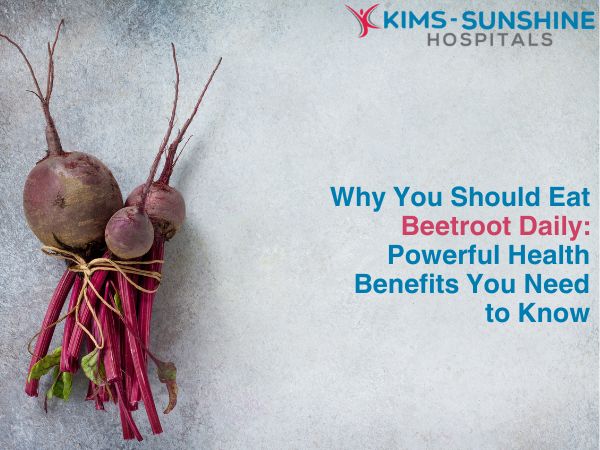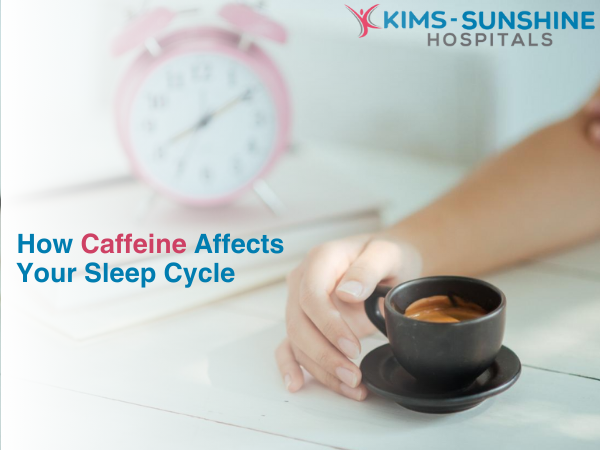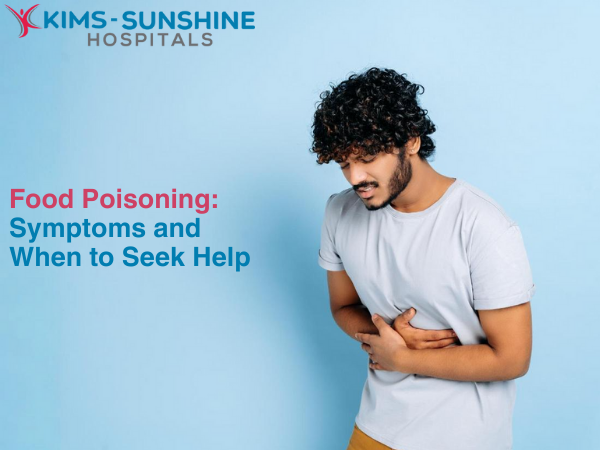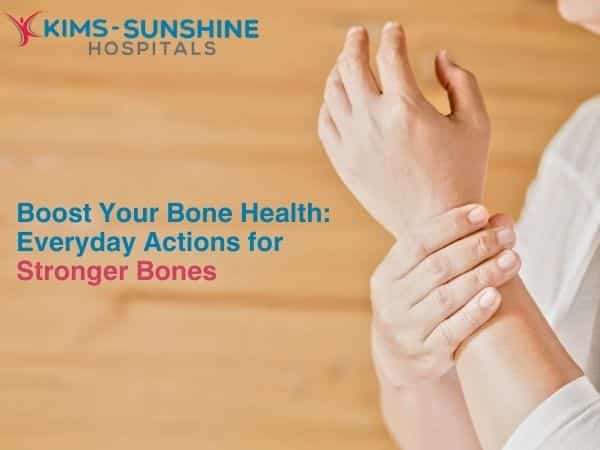
Boost Your Bone Health: Everyday Actions for Stronger Bones
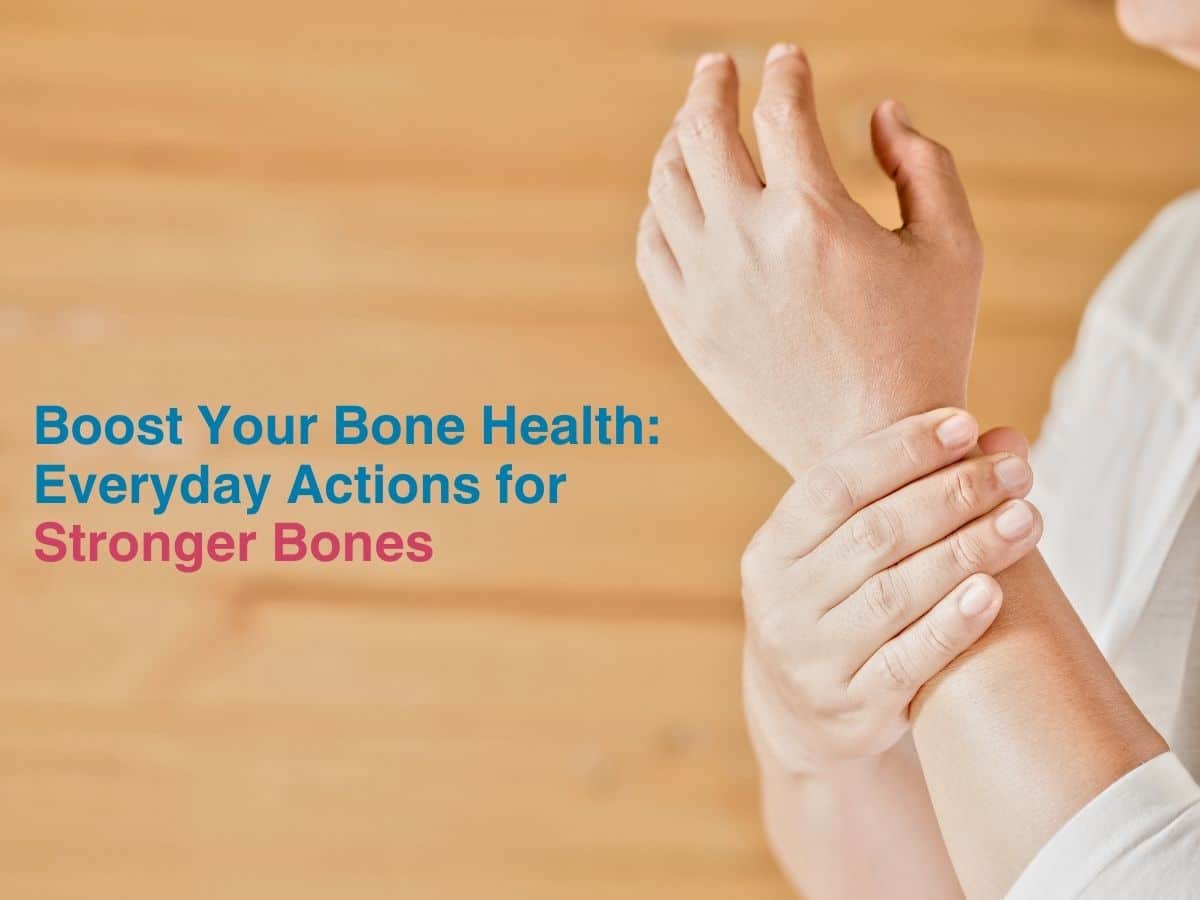
Our skeletal system consists of about 206 bones when we are adults and we generally seem to take it for granted, unless there is an instance where we are unable to move freely. In such cases, we get worried, rest and wait it out and don’t talk to a doctor unless it is very bad. But, what if we told you that most joint and bone related issues stem from a poor diet and lifestyle and that issues are highly preventable if you take good care of yourself? Let us look at the different ways you can do just that- with a special emphasis on diet, exercise and lifestyle based changes.
Bone Strengthening Activities For Adults
Your bones help you stand upright and also are major players in the weight bearing segment. Some of your bones and joints in fact carry your complete weight and that is an achievement in itself. If you are overweight, then you strain them more than usual. But there is some degree of wear and tear everyday that your body is capable of taking care of. Bone development happens till you are in your 20s and after the 30s, it is more of bone remodelling and loss. You will probably reach peak bone mass at 30. So, if your bone mass is healthy and good, then you have lesser chances of getting osteoporosis or related conditions that worsen due to ageing.
Best Vitamins For Strong Bones
Your diet is vital for keeping your body and mind healthy. With respect to bone health, if you eat foods rich in bone forming constituents and also look for ways to increase their absorption in the gut, you are good to go. So, look for fresh greens, dairy products if you are fine with lactose, eat lots of good quality seeds and nuts and make sure to include foods that have high amounts of Vitamin C and D. Both of these vitamins are essential for your bone to stay the way it is and also heal or get better if there is any damage.
The amount of calcium you need to consume is also important- for men it is slightly higher than women, but it is about the same as men for pregnant and breastfeeding individuals, though a good average is 1000 mg per day. Vitamin D levels may vary slightly, so talking to your doctor is the best bet. You will need about 600 IU everyday, with the number being higher for much older folk (800 IU for 70 and above). Vitamin K is also super important.
How To Prevent Bone Loss Naturally
Here are our top lifestyle changes for stronger bones, where following them consistently can really help you feel better over the years.
- Food is obviously the primary component- and apart from vitamins and minerals from veggies, fresh fruits, nuts and lentils, you should aim to consume good amounts of protein too. Protein helps your body heal over all, which means there are lower chances of you having a fracture due to a nasty fall. It is especially important for menopausal women.
- Vitamin K often gets ignored, but his super important vitamin is important for maintaining bone density and help with osteocalcin changes. The best sources are eggs, meat and fermented stuff like kimchi, sauerkraut, natto, etc.
- Dieting too much and always aiming for low calorie foods is a bad idea. You need to consume at least 1200 calories a day.
- Collagen is an important protein that helps your bones and joints stay healthy. Levels normally decline as we age, but you can talk to a doctor about supplementing.
- Exercise and weight maintenance are two sides of the same coin- and if you stay at a constant weight, then you are protecting your joints better. That does NOT mean that being skinny is good for you. If you are too thin, it means your bone mass is already on the lower end and ageing will only worsen the decline.
- Minerals like calcium, zinc and good quality omega-3 fats are important to help your bones maintain their structural integrity.


